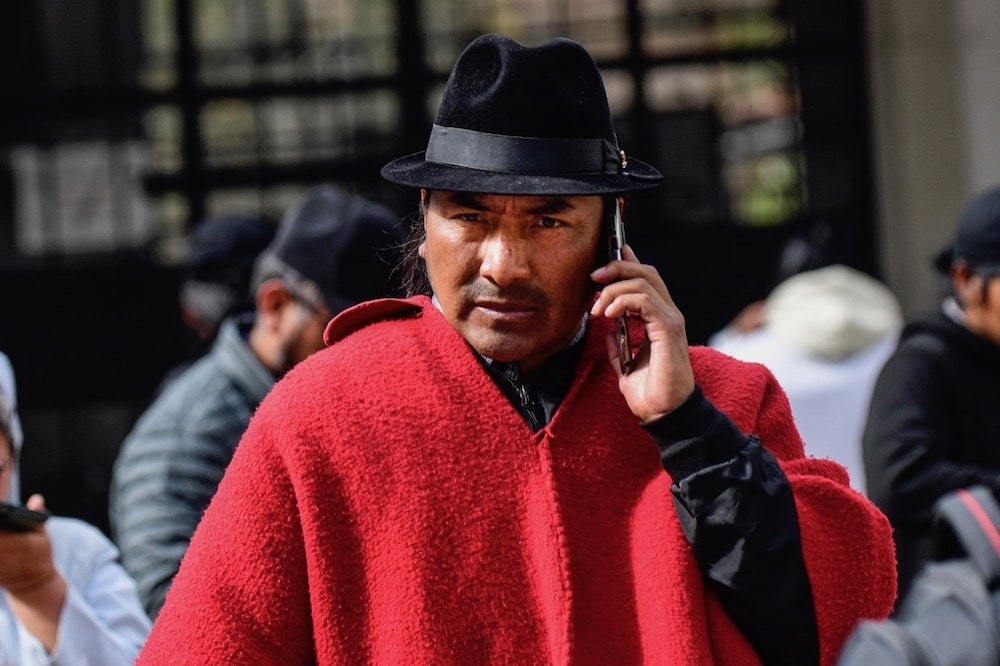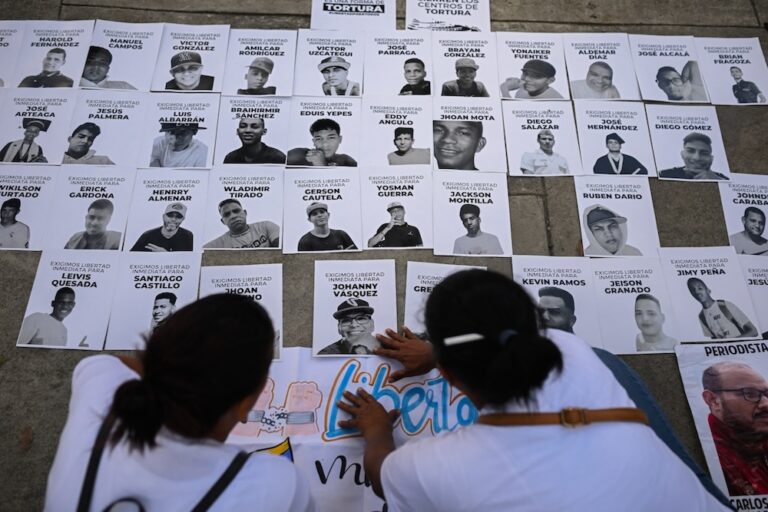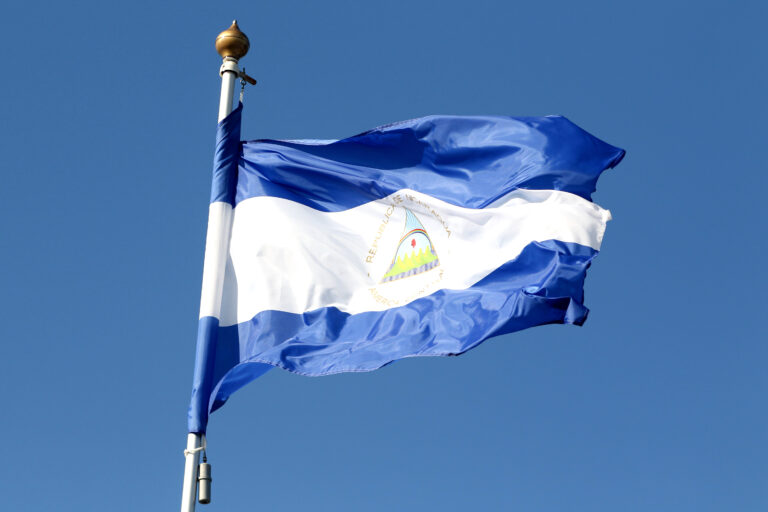The common theme of the publication is the idea of gaps, as a complex, multifactorial reality that is associated with a series of structural inequities that shape our experiences in digital environments.
This statement was originally published on derechosdigitales.org in June 2023.
The eighth edition of Latin America in a Glimpse is composed of four investigations, conducted by Latin American organizations working in different countries: Corporación Cambio Sostenible of Colombia, Fundación Openlab of Ecuador, Espacio Público of Venezuela and MariaLab of Brazil.
The common theme of the publication is the idea of gaps, as a complex, multifactorial reality that is associated with a series of structural inequities that shape our experiences in digital environments.
The latest edition of Latin America in a Glimpse is available in Spanish, English and Portuguese.
*****
In 2014, we launched the first edition of the Latin America in a Glimpse project, a glance at the most relevant discussions about the internet and human rights in Latin America. It was a collaborative effort, proposed as input to the Internet Governance Forum (igf), which was held that year in Istanbul.
We never suspected that the “Glimpse” would become an important benchmark in Derechos Digitales’ annual planning. Even on those occasions when, for different reasons, we have decided to change its publication date, it is always an initiative that we spend time thinking about and for which we feel special affection.
From 2014 to 2020 we published seven editions of Latin America in a Glimpse, in collaboration with different individuals and organizations. We have used diverse approaches, seeking ways to take advantage of the flexibility of a title that often feels more like an open possibility than a project with explicitly defined limits (and limitations). However, some elements remain constant: the idea of a regional overview of what is happening at the intersection of technology and human rights, and the desire to use this publication as an excuse to foster closer ties in the region and beyond.
In this eighth edition of Latin America in a Glimpse, we have once
again changed the way we think of this publication. This time, the report is the result of an open call to Latin American organizations to present research proposals, which were implemented during 2022. The conclusion of this process takes the shape of the document you are currently reading.
There are four investigations, conducted by Latin American organizations working in different countries: Corporación Cambio Sostenible of Colombia, Fundación Openlab of Ecuador, Espacio Público of Venezuela and MariaLab of Brazil.
Introduction
The common theme of the publication is the idea of gaps, under a broad definition that evades the fetishism for numbers of connections procured during the last year. None of the investigations proposes exploring the connectivity gap in isolation as a problem in our region, and all report on it as a complex, multifactorial reality that is associated with a series of structural inequities that shape our experiences in digital environments. Factors such as gender, income level and immigration status are part of this equation.
Thus, Corporación Cambio Sostenible proposed investigating the difficulties that Venezuelan migrant women in Colombia have in accessing the internet. Using empirical methodologies that approached the Venezuelan migrant women’s perception from different angles, the investigation reports on the difficulties in regularizing their documentation, the lack of credit history and even the women’s financial dependency on men in their families, which have a negative impact on their possiblities for accessing job opportunities, building support networks and enjoying leisure time.
The Funcación OpenLab investigation seeks to better understand the role that social networks, in particular TikTok, play in the promotion of the profitable and deadly business of migrant smuggling. Strengthening transnational responses is one of the goals of the Global Compact for Safe, Orderly and Regular Migration, approved on December 19, 2018 by the United Nations General Assembly. Furthermore, it is a crime in Ecuador punished by up to twenty years in prison. However, the OpenLab investigation shows us that there is still much to do for the adequate protection and aid of migrant men and women, and this is a responsibility that private companies must take on.
For their part, Espacio Público analyzes how government and private entities address formal complaints of online gender-based violence against women journalists in Venezuela. The text lays out important elements on the difficulties that women have for filing complaints and accessing justice in a timely manner, even despite the multiple warning calls that international human rights bodies have issued to States and private companies to meet their obligations for the protection of women and women journalists. Mechanisms for investigation must be a priority and must incorporate a gender perspective.
Finally, MariaLab studies the effects of “platformization” on the work of human rights organizations in Brazil. Their text provides an important reflection on the concentration of power on the internet, the barriers to developing infrastructure and tools based on open, independent technologies and the need to think about this problem from a collective perspective.
A noteworthy aspect of the investigations compiled here is the use of diverse, innovative methodologies, necessary for approaching complex problems from diverse angles. Case studies, feminist methodologies, the use of surveys and semi-structured interviews, and use of open-source data are a few of the techniques used that can serve as examples for future investigation exercises on similar topics.
We thank the organizations who agreed to participate in this project and everyone who, one way or another, collaborated to bring it to life.



